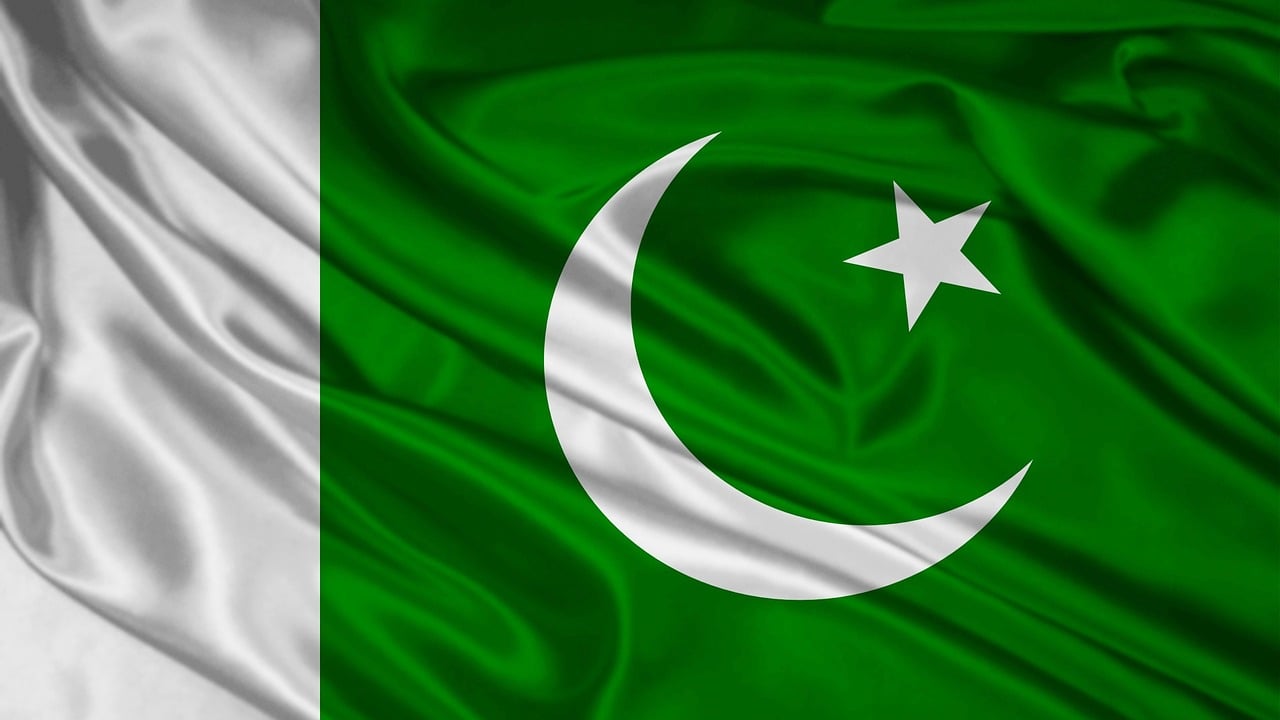Pakistan Television Corporation (PTV) has reportedly decided to increase its license fee from Rs. 35 to Rs. 100 (about $0.65) to cover its massive financial loss of Rs. 17 billion and put it back on the growth track. Moreover, this increased license fee will be added to the electricity bills of the consumers (PTV receives its license fee through the electricity bill). PTV adding 100 Rs to the electricity bill further adds to the woes of people, who have already faced a 40% hike in the power fee over the past year or so.
Why is PTV adding 100 Rs to electricity bill?
As per the documents available with Dawn, PTV’s Board of Directors (BoDs) has come out with a financial plan to raise the license fee from Rs. 35 to Rs. 100. The decision to add increased fees into the electricity bill is estimated to put an additional burden of Rs 20 billion on the public.
PTV’s financial plan has already been approved by the board of directors, and is now awaiting permission from Prime Minister Imran Khan.
“The Managing Director informed the Board that the proposed presentation to the Prime Minister of Pakistan for revision in TV fee has been finalised. The Board advised the chairman to request the Prime Minister to give time for the presentation,” read the minutes of the PTV board meeting held on Jan 8, according to Dawn.
If Mr. Khan approves it, the public will have to shell out Rs. 65 more each month. This will add more burden to the public, who are already reeling under high inflation. As per the Pakistan Bureau of Statistics (PBS), food inflation in the country increased to 82.31% in December compared to the same month last year, while the overall inflation was at 12.63% in December 2019.
What is PTV doing?
What may further irk the public apart from PTV adding 100 Rs to the electricity bill is that the state-run television only recently hired three marketing managers to help PTV become profitable.
As per the reports, these private sector managers cost about Rs. 3 million per month to the national exchequer. In fact, cash-starved PTV has a team of experts, but so far, they have not been able to lift the business out of losses. Last year in October, it was reported that the channel was not even attracting viewers, and that the government itself is not airing ads on the state-run channel.
PTV has been receiving a license fee through electricity bills since 2007. At that time, the channel reportedly earned about Rs3 billion. Since then, the number of electricity consumers has increased considerably and so the revenue for PTV went from Rs3 billion to over Rs7 billion, notes the report from Dawn, citing a former information secretary who spoke on condition of anonymity.
Further, the source said that if PTV plans to earn revenue by increasing the license fee, then there is no need of hiring the experts as any PTV employee could have done that.
Should PTV hike its license fee?
Despite the poor performance, PTV’s management team has failed to come up with a solid business plan to turn around the operations. Instead, they have come up with a financial plan to put more burden on the masses. On the other hand, many private television channels are making profits.
PTV, on the other hand, is backing up its financial plan. Syed Ali Bukhari, a member of the PTV board, believes that it is the responsibility of the people of the country to help in the revival of state-run television, adding that PTV’s license fee is among the lowest in the world.
According to Dawn, the minutes of the Oct 9 meeting, where the idea of increasing the license fee was first floated, said that the TV fee has not been increased in the country for the last ten years even though prices of other commodities have increased many times. Moreover, the minutes said that even the Pakistan Post had increased its tariff considerably during the said period.
Along with increasing the license fee, PTV’s financial plan also is to lower the superannuation age of employees to 58 (from 60 earlier). This would help save Rs 1.5 million per month.




